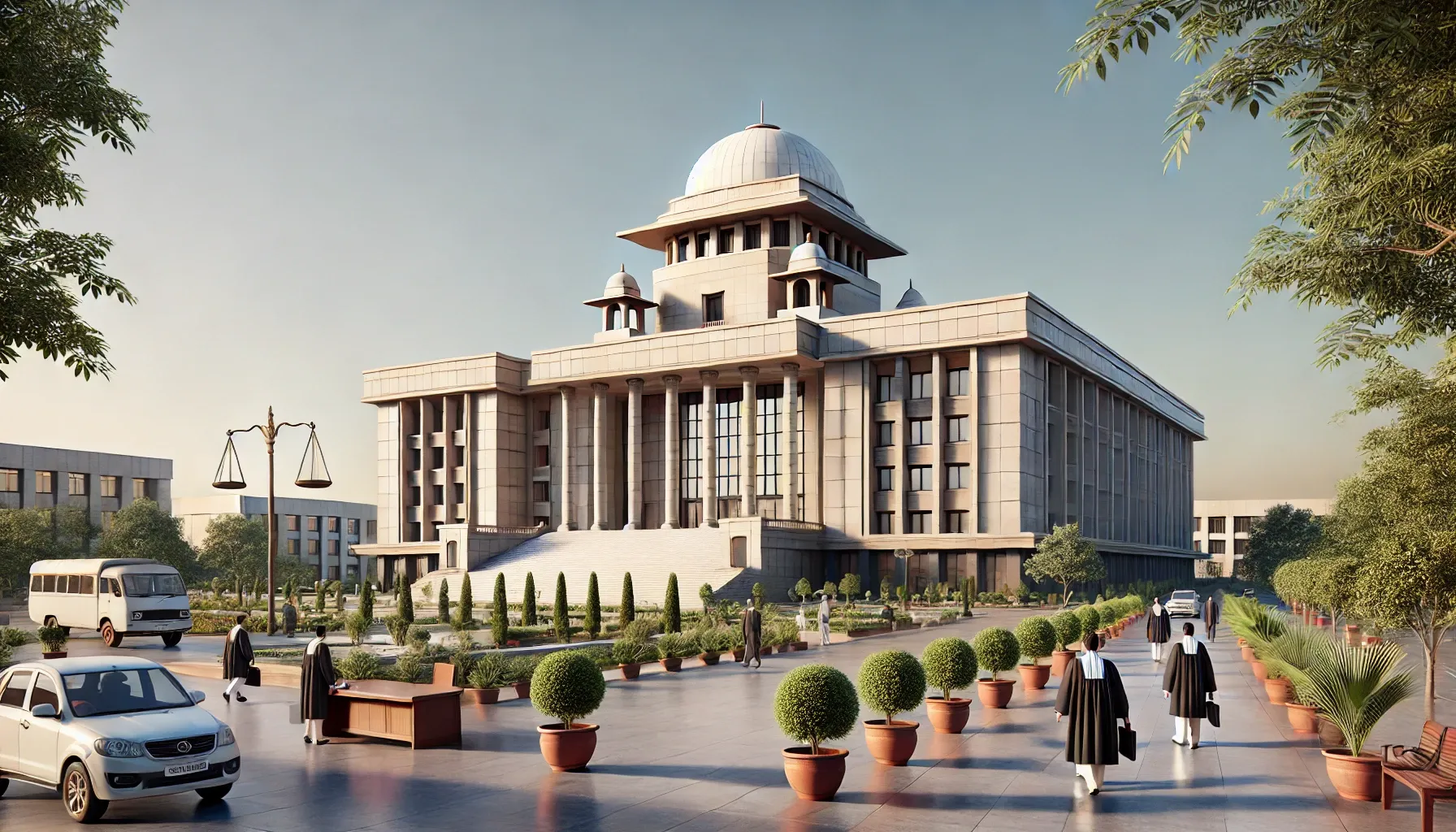The Madhya Pradesh High Court has paused temple constructions in police station premises, citing concerns over public space usage and secularism. The court issued notices to state officials, awaiting detailed orders.

In a significant ruling aimed at maintaining the secular nature of public institutions, the Madhya Pradesh High Court has ordered a halt to the construction of temples within police station premises across the state. This interim order came in response to a petition filed by Om Prakash Yadav, a retired government employee and lawyer, who argued that such constructions breach constitutional mandates and contravene a recent Supreme Court order that restricts religious structures in public spaces. The division bench, consisting of Chief Justice SK Kait and Justice Vivek Jain, has issued notices to the State Government, Director General of Police (DGP), and other relevant authorities to respond to the petition.
Background of the Petition
- Petitioner’s Stance: The petition filed by Om Prakash Yadav claims that the construction of temples in police station premises, which are public spaces, is unconstitutional. Represented by his counsel, Satish Verma, Yadav contends that police stations, as public institutions, must remain secular, reflecting the neutrality of state entities.
- Legal Precedent: The petition highlights a recent Supreme Court order that prohibits religious structures in public places. According to Verma, the construction of temples in Madhya Pradesh police stations directly violates this directive, setting a dangerous precedent for secularism in public institutions.
Court's Response
- The High Court's division bench has issued an immediate stay order on further construction of temples within police premises until further hearings. This decision follows the submission of photographic evidence, presented by the petitioner, showing completed temples inside some police stations.
- The Court has sought a detailed response from the Madhya Pradesh Government and law enforcement authorities, particularly the DGP, concerning the ongoing constructions and adherence to constitutional provisions.
Implications and Legal Considerations
- Public vs. Religious Spaces: The case touches upon a crucial aspect of secularism, emphasizing that public spaces, particularly law enforcement premises, should be free from religious affiliations to maintain a fair and neutral stance.
- Violation of Constitutional Provisions: By allowing religious structures within police premises, the state risks infringing upon the secular ethos mandated by the Constitution, a point the petitioner strongly argued.
Awaited Developments
A detailed order from the High Court is expected, which will clarify the legal stance on religious structures within police premises in light of Supreme Court directives. Further proceedings will determine whether these constructions, completed or in-progress, are to be dismantled or permanently prohibited.
Source: The Print





